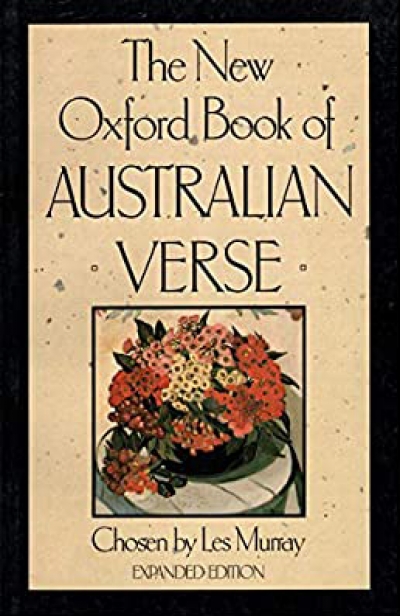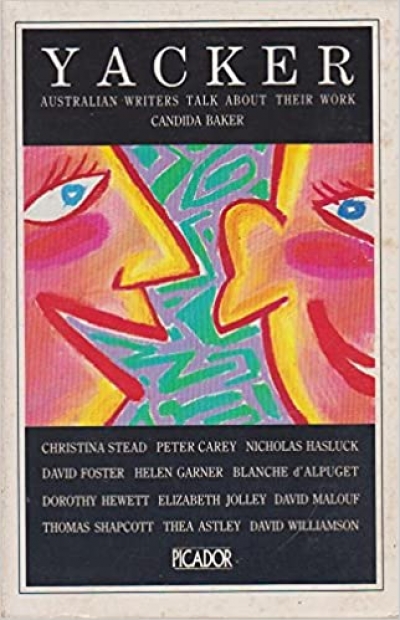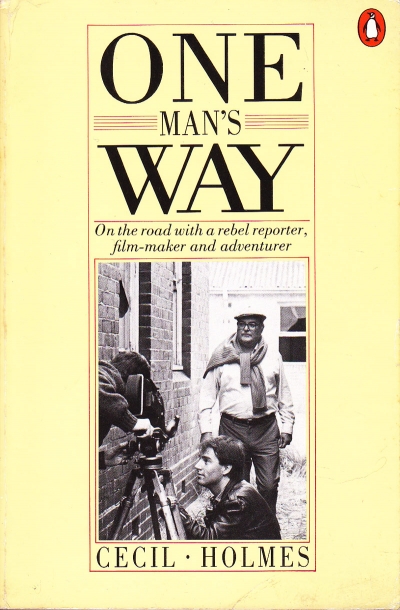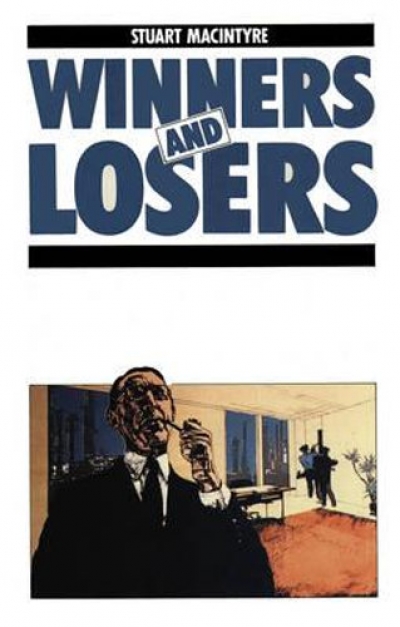Archive
The last time I’d seen this particular Bob was when we were at the school where I had to pretend not to be good at English and French and where he was a bikie and one of the likeable Bad Boys. I’d admired his audacity in running for school prefect and his campaign posters with their slogan ‘VOTE FOR BOB AND YOU WON’T GET DOBBED’.
And here he was at a party almost twenty years later, a taxation officer in a grey suit saying to me ‘And whaddya do for a crust?’ I said, ‘I teach a course in Australian Literature’. ‘Yeah?’ He didn’t sound too surprised. ‘Be a short course, wouldn’t it?’
... (read more)Phoenix Publications literally sprang from an ardent belief that there is place in Australian publishing for a small press representing a wide literary culture and achieving a high standard of design and production.
Phoenix Publications arose in Brisbane, when Manfred Jurgensen, Professor of German at the University of Queensland, was asked to assemble a collection of writing by Australians whose native tongue was other than English. The anthology, Ethnic Australia, appeared in 1980 and met with such interest that it was set in many high schools and tertiary institutions and went into a second edition the following year. Jurgensen decided that the best way to achieve the standard of production he wanted for Ethnic Australia was to publish it himself, and Phoenix Publications was established.
... (read more)






